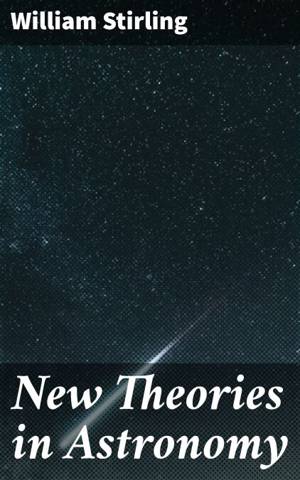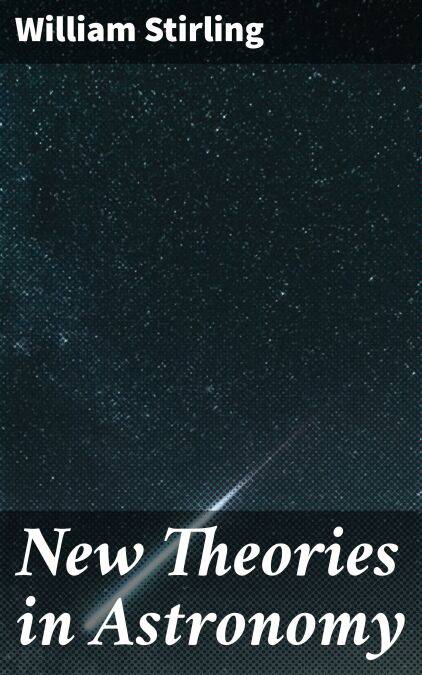
- Afhalen na 1 uur in een winkel met voorraad
- Gratis thuislevering in België vanaf € 30
- Ruim aanbod met 7 miljoen producten
- Afhalen na 1 uur in een winkel met voorraad
- Gratis thuislevering in België vanaf € 30
- Ruim aanbod met 7 miljoen producten
Zoeken
New Theories in Astronomy E-BOOK
Exploring Cosmic Phenomena and Galactic Discoveries
William Stirling
E-book | Engels
€ 0,49
Omschrijving
In "New Theories in Astronomy," William Stirling presents a compelling exploration of astronomical phenomena through a rigorous yet accessible lens. This work engages with modern theories and contested ideas in the field, demonstrating Stirling'Äôs adept integration of scientific inquiry with philosophical contemplation. The text is characterized by a clear, methodical style, supported by extensive research and an impressive use of diagrams that elucidate complex concepts, making it not just informative but also visually engaging. Stirling navigates the historical context of astronomy, juxtaposing ancient celestial models with contemporary understandings, thereby enriching the reader's grasp of the discipline's evolution. William Stirling, a distinguished figure in the realm of astrophysics, draws upon his rich academic background and extensive fieldwork, which has greatly informed his perspective. His passion for bridging the gap between foundational astronomical principles and cutting-edge theories shines through in his writing. Stirling's earlier experiences working with observatories and his engagement with the scientific community have positioned him uniquely to contextualize his theories within the broader academic discourse. This book is highly recommended for anyone with a thirst for knowledge about the cosmos, from scholars to enthusiasts. Stirling'Äôs insightful analysis invites readers to not only absorb information but to think critically about the universe and our understanding of it, making it a valuable addition to both personal libraries and academic institutions.
Specificaties
Betrokkenen
- Auteur(s):
- Uitgeverij:
Inhoud
- Aantal bladzijden:
- 448
- Taal:
- Engels
Eigenschappen
- Productcode (EAN):
- 4064066234638
- Verschijningsdatum:
- 5/12/2019
- Uitvoering:
- E-book
- Beveiligd met:
- Digital watermarking
- Formaat:
- ePub

Alleen bij Standaard Boekhandel
Beoordelingen
We publiceren alleen reviews die voldoen aan de voorwaarden voor reviews. Bekijk onze voorwaarden voor reviews.








